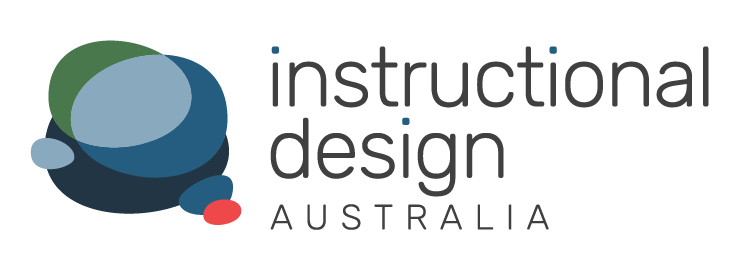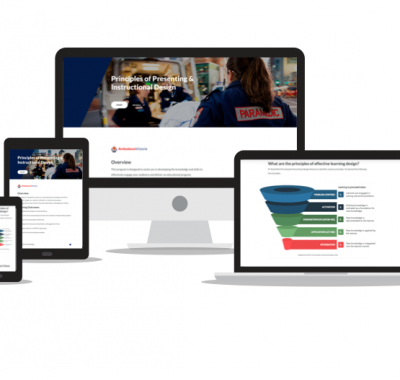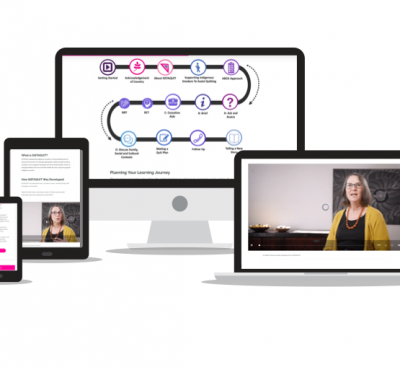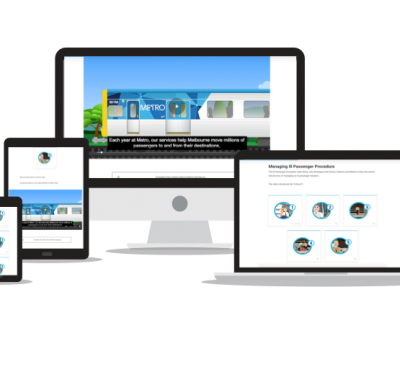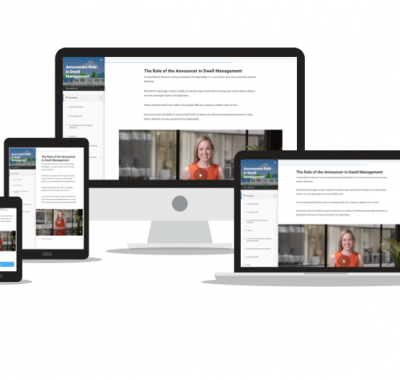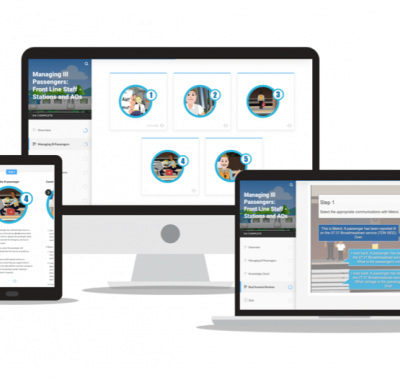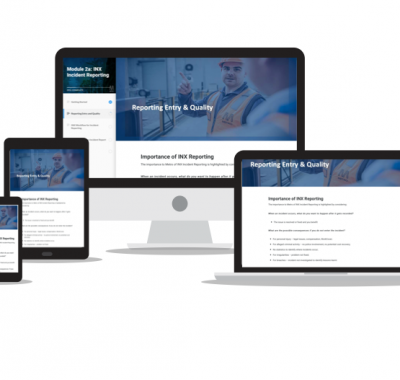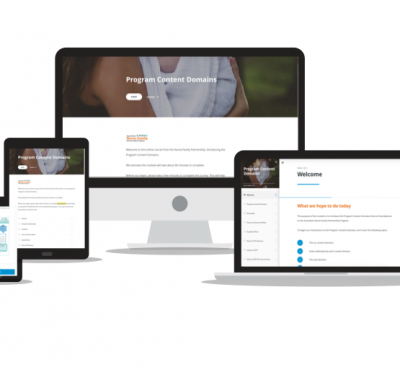eLearning Designer Brisbane
eLearning Designer Brisbane
What does a Brisbane eLearning Designer do?
Using e-learning development tools like Articulate 360, our eLearning Designer in Brisbane builds, develops, reviews, and iteratively improves online courses. eLearning Designers focus on multiple programs around Learning Design in Brisbane.
eLearning Designers handle the actual design of the learning, including sequencing, content, and instruction, as opposed to eLearning Developers in Brisbane, who often focus mostly on the creation of a programme. Before assembling the programme using the appropriate authoring tool, the online education designer will typically work with subject matter experts (SME) to construct the course’s learning materials and design the course flow.
Key Responsibilities of the eLearning Designer:
- Organise and arrange your learning activities so that they flow naturally.
- Create eLearning materials that can clearly communicate challenging concepts.
- Provide clear directions to encourage learning.
- Use responsive eLearning design and efficient authoring technologies to produce the information in a timely manner.
- Choose the interactive tools, components, and distribution strategies that work best for your content.
- Use visuals, photos, and illustrations to visually express information.
- Assessing should be done in accordance with learning goals.
- Make eLearning available by using a learning management system (LMS)
- To determine the effectiveness of the eLearning programme, evaluate evaluation results.
- Continual improvement of eLearning programmes should be done based on evaluation results.
What is the difference between e-Learning and Instructional Design ?
Although creating adult learning experiences is a component of both instructional design and eLearning, there are some variations between the two. Instructional designers create learning experiences that assist learners in acquiring the knowledge, skills, and behaviours necessary to accomplish certain objectives by combining instructional design concepts with adult learning principles. The phrase “instructional design” refers to a broad range of training delivery techniques, such as in-person instruction, facilitator-led instruction, self-paced instruction, leader-led education, on-the-job training, online instruction, and eLearning.
Most eLearning is conducted online. Often, it is self-paced. Nevertheless, this depends on the authoring programme that was used to construct it. Many platforms, including computers, tablets, and mobile devices, are typically adaptable to eLearning. While eLearning may be created by instructional designers using a storyboard, the eLearning programme is created by eLearning Developers using an authoring tool. The eLearning designer may take over if the instructional designer thinks that eLearning is a good fit for the learning objectives since they frequently have both the skills of instructional design and eLearning authoring. To learn more about Instructional Designers in Brisbane visit our Instructional Design page or read about our several Brisbane Instructional Design Courses.
eLearning Designer Brisbane – Skills and Qualities
Communication
To create effective instruction, and to communicate with stakeholders, SMEs, instructors, video developers, graphic designers and other relevant persons
Learner-focused
eLearning Designers should have the learner front of mind in everything that they do.
When designing and developing eLearning, they should ask themselves:
- Is it easy to navigate?
- Is the content clear and concise?
- Are the activities relevant, impactful and contextualised?
- Does it include a variety of interactions and elements to keep learners engaged?
Eagerness to Learn
eLearning is an innovative field that is continuously evolving. Authoring tools and software are constantly updated to incorporate new, complex elements and features, which open up further possibilities for delivering content in engaging and effective ways.
It’s important that eLearning Designers are keen learners to:
- Keep up with the latest learning research and trends
- Develop skills in areas that will support eLearning design
- Build and refine skills in using various authoring tools and design software
- Deliver effective educational design services
Creativity
Creative and innovative eLearning Designers will:
- Explore methods of delivering content in more engaging, inciteful and efficient ways
- Create rich learning tasks that deepen learners’ understanding
- Develop realistic, interactive scenarios that support learners in applying concepts in context
- Ideate designs for images, diagrams, infographics, videos and other elements that will enhance the content
Enquire Now
eLearning Development Articles and Advice
- IDA’s eLearning
- eLearning: Dos and Don’ts
- How-To: Design for Online Courses
- The Learning Benefits of Video and Multimedia
- Moving training online
- More articles on instructional design
- Learn more about our eLearning Development services here
